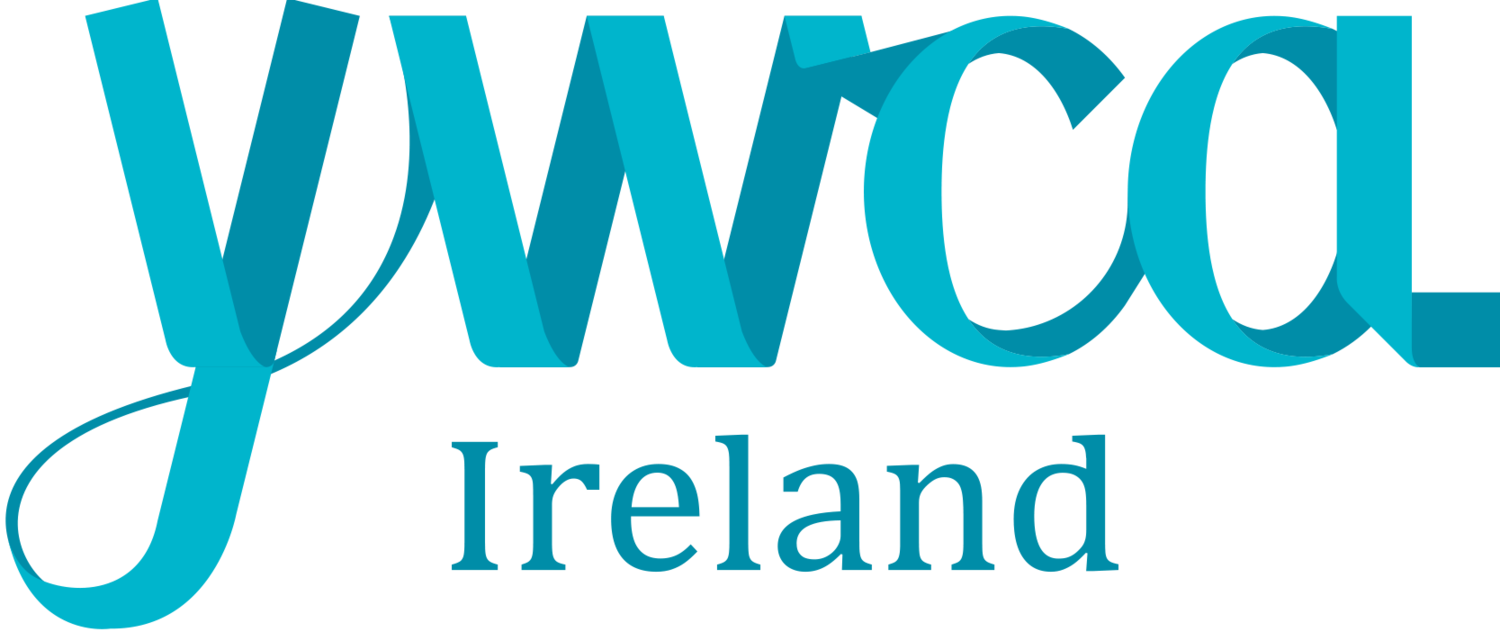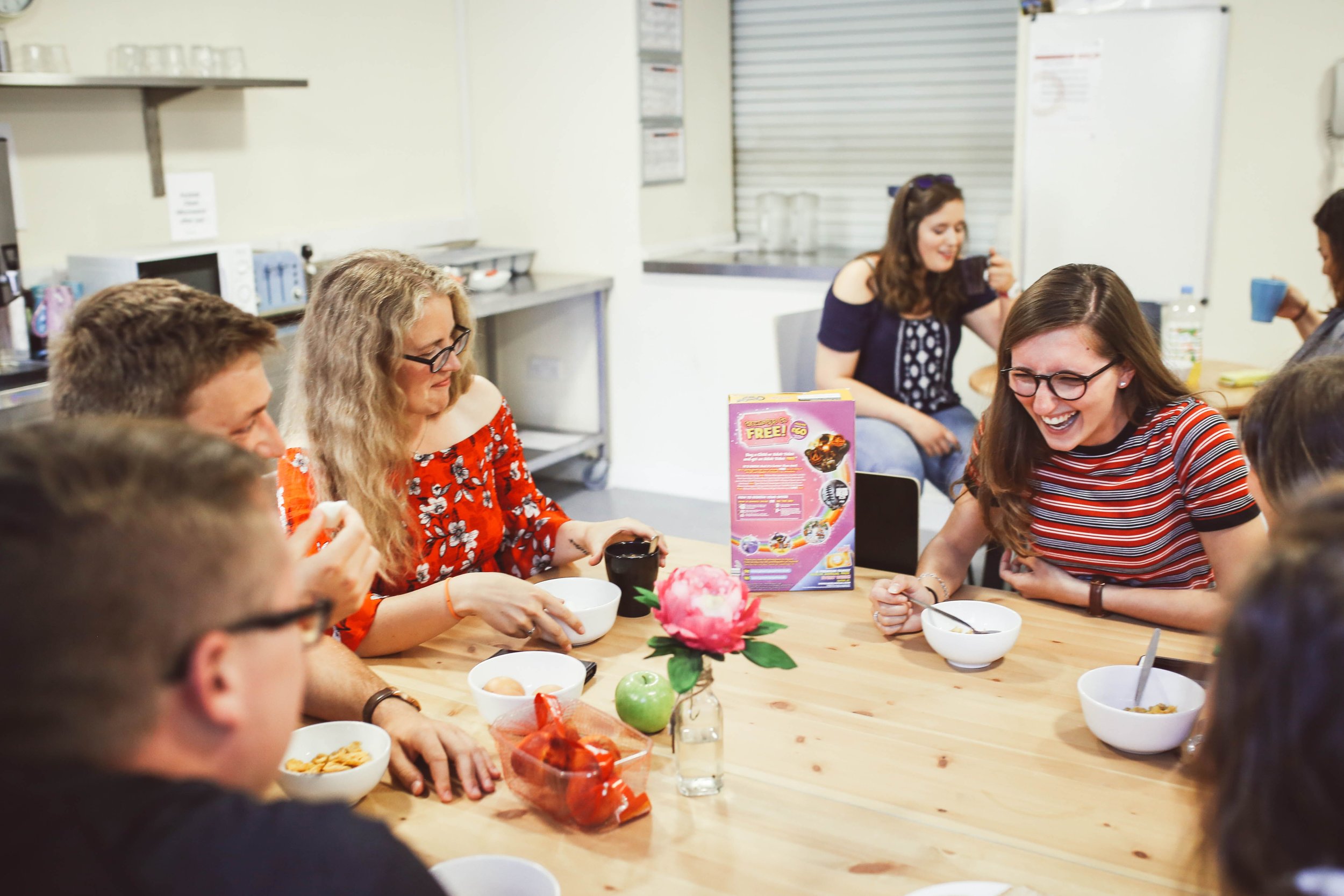Ada Lovelace Day
To mark Ada Lovelace Day, a day that celebrates the contributions of women to science, technology, engineering and mathematics, Eve and Lizeth share their thoughts on Ada, forgotten female scientists, and what it’s like to be a woman in science today.
When most people think about computer science, mathematics, or engineering, they usually think of Albert Einstein, Isaac Newton, or Alan Turing. For most of history, the fields of science and technology have been dominated by men. For a long time, women didn’t even go to school or receive a formal education. Only wealthy families who could afford a tutor would consider educating their daughters. If girls did receive education, it was usually in subjects considered to be suitable for women, such as home economics, music or literature. Science and mathematics weren’t considered suitable subjects for young women.
Ada Lovelace, an English woman born in the 1800s, is considered by many to be the world’s first computer programmer. Ada’s mother, Lady Anne Byron, insisted that her daughters would receive education in science and mathematics, which was very unusual at the time. It was clear to Ada’s tutors that she was extremely gifted in mathematics. When she was a teenager, she met Charles Babbage, a mathematician and inventor from Cambridge. At the time, he was working on an invention known as the Difference Engine, an early version of the calculator. He became Ada’s mentor.
Even after Ada was married and had three children, she continued to work with Babbage on his inventions. She translated the notes of Babbage’s French colleague for his invention, the Analytical Engine. She noted how the machine was similar to a weaving machine that followed patterns to make a design, and how the engine could also follow patterns to complete equations and form letters. She was one of the first people to realise that such an engine could be used to do more than just calculate numbers. This is why many people believe that Ada is one of the world’s first computer programmers.
Ada Lovelace would die in 1852 and her notes were forgotten about. They were later published again over 100 years later in a book about how computers follow patterns. People realised that Ada’s work was an early form of a computer programming language, before computers were even invented.
There are many girls and women like Ada Lovelace. Many girls with a passion for science are never given the opportunity to pursue their studies. So many amazing female scientists throughout history have been overlooked, such as Rosalind Franklin, who wasn’t even credited for her work on the structure of DNA. Women of colour have especially been overlooked, such as Katherine Johnson, Dorothy Vaughan and Mary Jackson, three African American women who worked as mathematicians for NASA during the Space Race.
Even in the 21st century, girls and women are discouraged from pursuing their passion for STEM. In many countries, girls are not even allowed to receive an education. Even in countries like Ireland where women are encouraged to pursue higher education, STEM subjects are still extremely male-dominated.
Lizeth, one of the YWCA Dublin’s resident assistants, studied nanotechnology engineering in her home country of Mexico, and is now pursuing her Master’s in Environmental Engineering in University College Dublin. She discusses her experience of being a woman in a field that is mostly dominated by men.
Growing up, a lot of kids have different dreams, some may want to be teachers, others astronauts or firefighters. In my case, I wanted to be like Steve Irwin, the crocodile hunter. I would run across the house pretending to catch imaginary snakes, I would spend hours in front of the TV watching Animal Planet and had a whole collection of Animal Encyclopedias. After a while, my interest started broadening in the amazing experiments that appeared on TV and their similarity to the magic spells that appeared in Harry Potter.
When I was in school I was the weird kid who liked science class and would spend hours doing the homework because I got distracted with all the topics that appeared. I spent a lot of recess preparing for the science fair with my friends. Until I came to University, it never crossed my mind that I was expected to be less than a man. It was a huge shock for me, I went from a school with most of my teachers being female engineers and chemists to a school where most of my teachers and classmates were male.
During the first year, while I was doing a group activity we made a mistake and one of my classmates decided that I was the one to blame, that “it is more common that you girls make mistakes.” When we reviewed the exercise it was actually his mistake. After this incident, I felt that I was being assessed constantly, that everything I did was under scrutiny. And, if I made a mistake the normal assumption was going to be that it happened because I am a woman, not because I just got distracted.
As I was becoming more conscious about the problem, I realized that the most known scientists are all men, and of course they made amazing discoveries. But there are several women as important as them. If you google “important scientists,” only two women appear in the first 22 results. The bias in our way of thinking is so ingrained in our society that we don’t realize how this can affect the confidence and perspective of young girls who want to become scientists.
I was fortunate to live in a house where asking questions and reading books was a common thing. My mom taught me a lot about animals and encouraged me to investigate more and pay more attention to the environment. My dad always tried to buy the books that I wanted no matter how strange the topic was. My brother would explain and make some experiments with me, and my sister had to put up with all my weird conversations and take me to my science fairs. Sadly, for most of the people it is not like that; according to UNESCO only around 30% of female students study STEM fields in higher education. It is time to shorten the gaps and to forget about the common roles for girls and boys. To destroy the image that we always had of a white man with a white lab coat. And start thinking also about a lady discovering new elements, making the calculations to send people to mars, work with viruses or living in the middle of the jungle studying primates.
“I must tell you what my opinion of my own mind and powers is exactly … I believe myself to possess a most singular combination of qualities exactly fitted to make me preeminently a discoverer of the hidden realities of nature.” -Ada Lovelace










